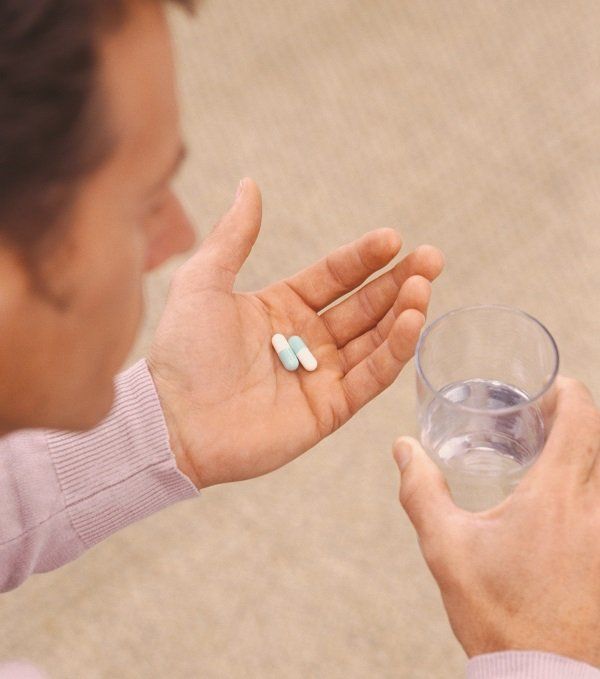Patient Guide
Key Information for Your Stay

Post-Procedure Recovery

Take the Next Steps to Feeling Better
What you do during the first few days after a procedure is key for a smooth, successful recovery. It’s common to feel tired, achy or sick to your stomach afterward, and your doctor may prescribe medicine to lessen any pain you have.
Your care team will tell you when you can start sipping liquids and eating after your procedure. If you have any tubes or drains, they will be removed as soon as safely possible. Make sure you follow your doctor’s orders for moving, getting out of bed and walking to help your body heal faster. And ask your doctor when you can:
- go home
- return to a normal diet
- start physical therapy or rehab, if needed
- go back to work
- drive, exercise and have sex
Incision Care
As your incision heals, you’ll notice swelling, soreness and bruising begin to go away. Your incision also may itch, but don’t scratch it. Scratching can cause infection.
Your nurse will check on your incision every day, but let him or her know if you see bright red blood, signs that it’s opening or signs of infection—like drainage, redness, heat or swelling. And make sure you know how to take care of your incision before you’re discharged from the hospital.
Call Your Nurse
Have your nurse call button near your hospital bed. Call immediately if you:
- feel more pain and pain medicine doesn’t help
- have chest congestion or trouble breathing
- develop bleeding around your incision or see signs of infection
If you have any of these symptoms after you leave the hospital, call your doctor right away.
Manage Pain
It’s normal to have some pain after a procedure, but you don’t have to deal with it by yourself. Talk to your doctor about how to best control pain while you’re in the hospital. He or she may prescribe certain medicines or show you other ways to lessen pain, like applying ice or heat to the area.
If you still feel pain or it comes back again after it goes away, talk to your doctor or nurse. You may need more of your current pain medicine or to switch to another type of medicine to feel better.

Patient Guide Solutions, LLC
All Rights Reserved